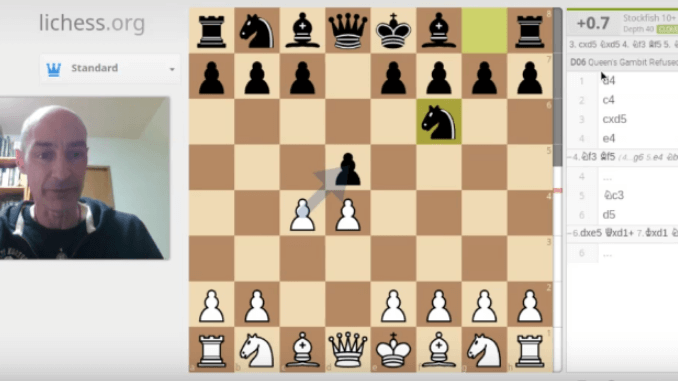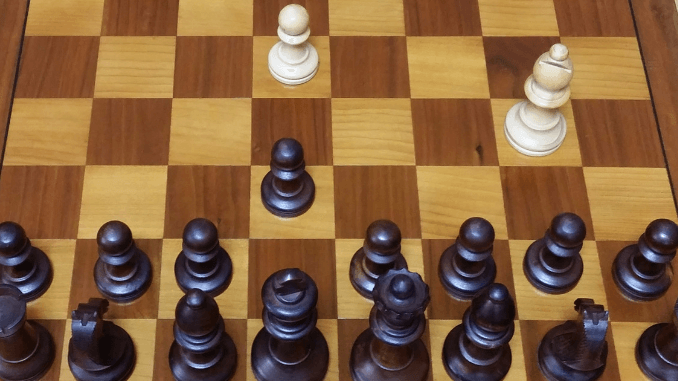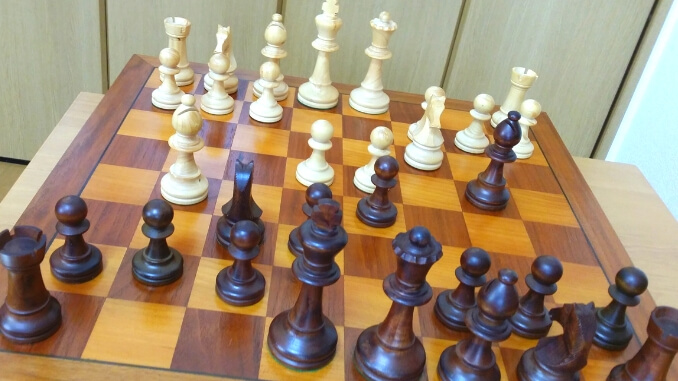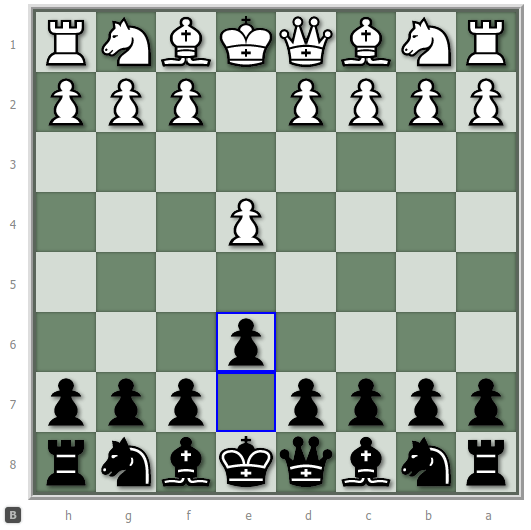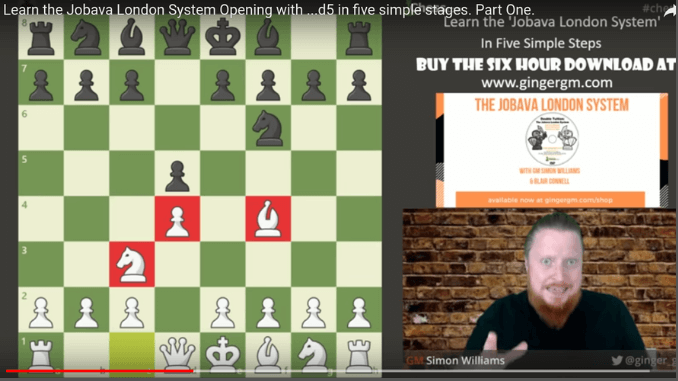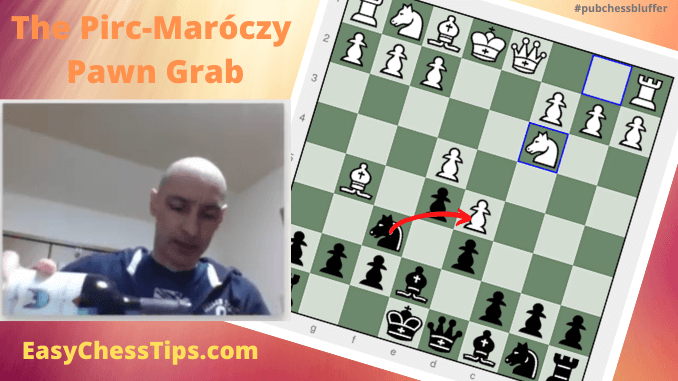
I wheeled out the good old Modern 1… d6 Defence to 1.e4 in this game against my regular opponent, but I missed a great opportunity in the fifth move to claim an advantage with 5… Nxd5!
Here are the opening moves:
1. e4 d6 2. d4 e5 3. d5 Nf6 4. Bg5 Be7 5. Nc3 Nxd5!
This sequence is a variation of the Pirc Defence known as the Maróczy Defence, which brings out Black’s central pawns in the first two moves, delaying Nf6.
The “easy chess tip” in this game is easy to learn but not so easy for a casual player to spot if unaware of it.
Continue Reading